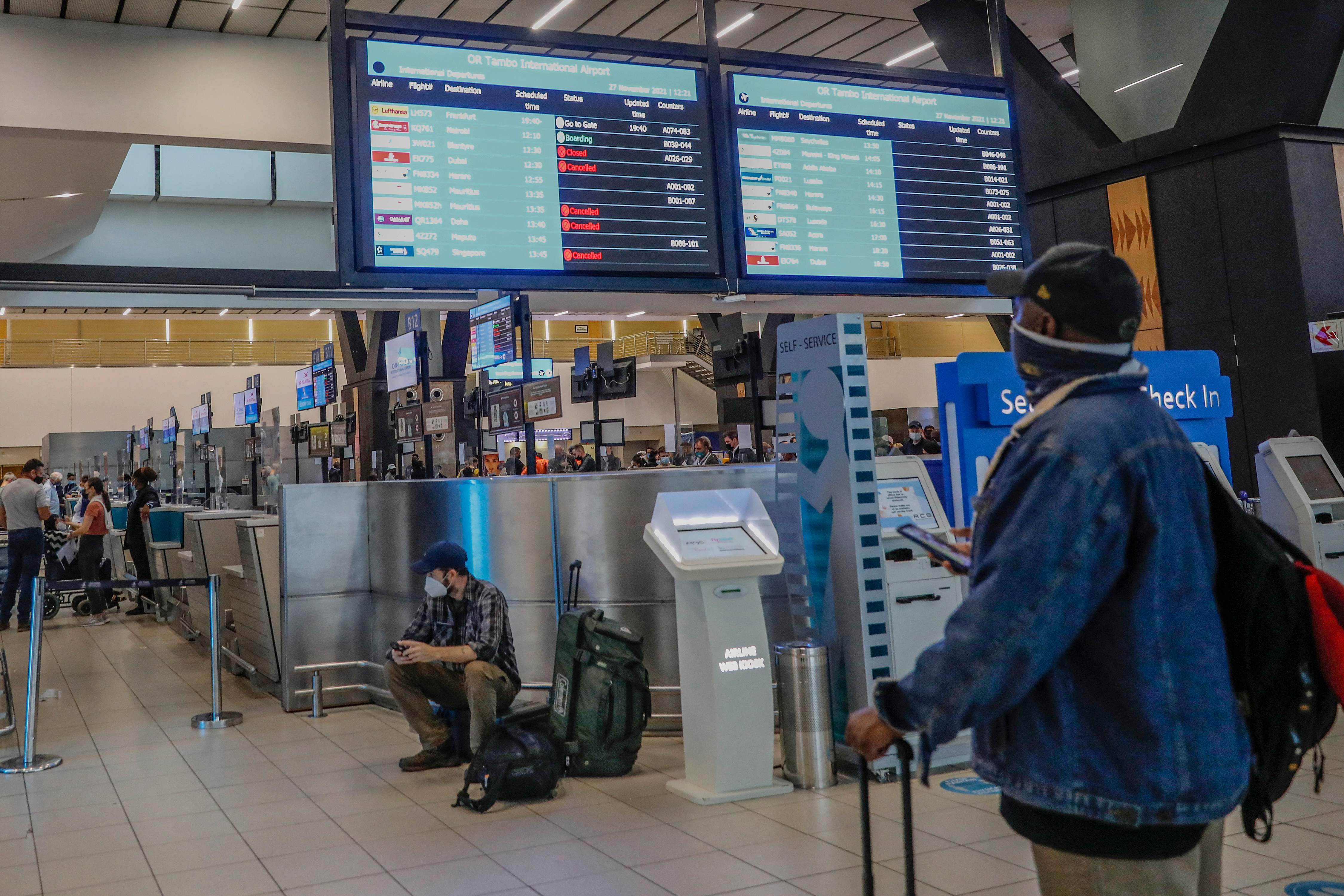Unvaccinated Canadians banned from planes and trains beginning today
Canada’s strict new policy comes into effect two days after the country reported its first cases of the omicron Covid variant

Your support helps us to tell the story
From reproductive rights to climate change to Big Tech, The Independent is on the ground when the story is developing. Whether it's investigating the financials of Elon Musk's pro-Trump PAC or producing our latest documentary, 'The A Word', which shines a light on the American women fighting for reproductive rights, we know how important it is to parse out the facts from the messaging.
At such a critical moment in US history, we need reporters on the ground. Your donation allows us to keep sending journalists to speak to both sides of the story.
The Independent is trusted by Americans across the entire political spectrum. And unlike many other quality news outlets, we choose not to lock Americans out of our reporting and analysis with paywalls. We believe quality journalism should be available to everyone, paid for by those who can afford it.
Your support makes all the difference.Unvaccinated Canadians will be barred from air and train travel beginning today amid growing fears over the new omicron coronavirus variant.
The strict policy was announced on 30 October with a month-long delay to allow unvaccinated residents a chance to get their shots before it officially went into effect on Tuesday.
Previously, unvaccinated travellers were allowed to travel within 72 hours of a negative Covid test.
The new policy includes a few exceptions, including medical exemptions, connections through Canada and travel to remote areas that are only accessible by plane.
Anyone who violates the rules could face penalties or fines, the government’s website warns.
Canada has one of the world’s highest vaccination rates, with 86 per cent of residents over the age of 12 fully vaccinated as of 20 November.
The latest travel policy came into effect two days after Canada announced its first two cases of the highly-transmissible omicron variant.
The cases were traced to two people who travelled to Nigeria – an African country not yet targeted for travel bans by the US, UK and European nations.
“Today, the province of Ontario has confirmed two cases of the Omicron variant of Covid-19 in Ottawa, both of which were reported in individuals with recent travel from Nigeria,” the Ontario government said in a statement Sunday.
“Ottawa Public Health is conducting case and contact management and the patients are in isolation.”
Two days earlier, Canada rushed to seal its borders for foreign travellers from seven Southern African nations in an attempt to prevent the spread of the newly identified Covid-19 variant, also known as B.1.1.529 variant. These seven nations are South Africa, Eswatini, Lesotho, Botswana, Zimbabwe, Mozambique, and Namibia.
The ban of entry of travellers into Canada will be in place till 31 January 2022 as nations grapple to understand and monitor the omicron variant’s virulence and transmissibility.



Join our commenting forum
Join thought-provoking conversations, follow other Independent readers and see their replies
Comments